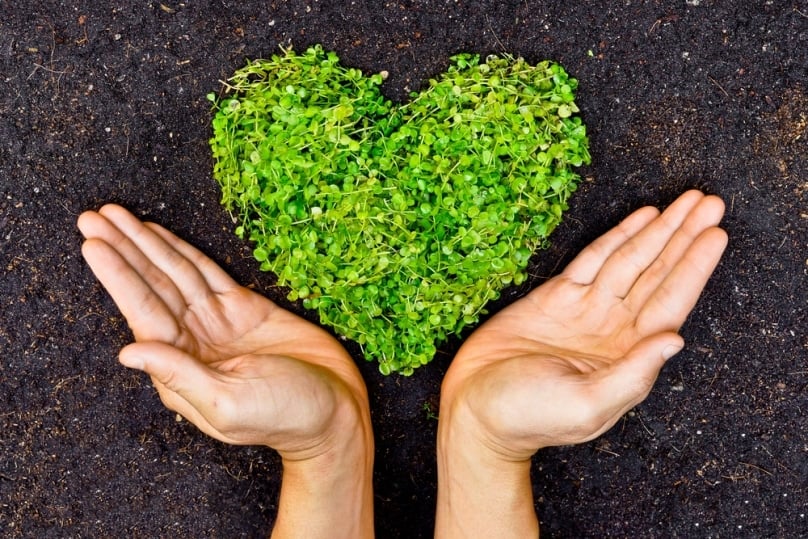
Climate change policy has been a fraught issue for Australian Governments for two decades.
Many have put it in the ‘too hard’ basket. But now the world is moving and the change is rapid. Stronger pollution reduction targets and innovation are driving a shift to renewable energy that is unstoppable.
Our faith gives us cause to ride the wave of new climate policy and to encourage our governments to do the same.
It was now just over a year ago that Pope Francis declared 1 September the World Day of Prayer for Creation. This year, the Global Catholic Climate Movement, along with Catholic Earthcare Australia, co-ordinated events all over the world, encouraging all to pray with their community.
The first of September also starts the Season of Creation, a month-long event that finishes on 4 October, the feast day of St Francis of Assisi. The Pope’s address, drawing on the Extraordinary Jubilee Year, was crafted around the message “Show mercy to our common home”.
In a year that provided the fourth hottest Australian winter on record and the worst coral bleaching event in the history of the Great Barrier Reef, this message is especially pertinent here in Australia.
In his 2015 encyclical, Laudato Si’, Pope Francis quoted Bishops’ conferences from all around the world and did not miss the Australian Catholic Bishops Conference’s perspective on conversion:
“To achieve such reconciliation, we must examine our lives and acknowledge the ways in which we have harmed God’s creation through our actions and our failure to act. We need to experience a conversion, or change of heart.”
Pope Francis echoes St John Paul II in his call for an ecological conversion, calling for all Catholics, and indeed all people on Earth, to change our hearts to embrace care for creation as a fundamental part of our existence.
In this Jubilee Year of Mercy, Pope Francis called for us to add to the seven corporal and seven spiritual acts of mercy, with the inclusion of “care for our common home”. This requires a broadening of our understanding of mercy, to build bridges between our understanding of humanity and our understanding of creation.
“As a spiritual work of mercy, care for our common home calls for a “grateful contemplation of God’s world” which “allows us to discover in each thing a teaching which God wishes to hand on to us”. As a corporal work of mercy, care for our common home requires “simple daily gestures which break with the logic of violence, exploitation and selfishness” and “makes itself felt in every action that seeks to build a better world”.”
Pope Francis has also encouraged Catholics, in particular Catholic youth, to “leave a mark”, for that is the reason that we have been put upon this Earth. He insists that we not be numb to the suffering of others but, to use the words of our own Australian saint: “never see a need without doing something about it”.
This suffering is not just limited to those in war-torn Syria or asylum seekers. Pope Francis calls us to hear “both the cry of the earth and the cry of the poor”. We’re obliged to listen to the reports that tell us about the damage to our Great Barrier Reef and the extreme weather events which cause both harm and hardship.
While we have conversations in the parliament and in the Church about the necessity for the defence of generations to come, and the need for a just world, let’s not forget that this requires a safe environment and climate. And it’s important to remember that we can be champions of change not in spite of our faith, but because of it.
Read more from Tony Farley:
